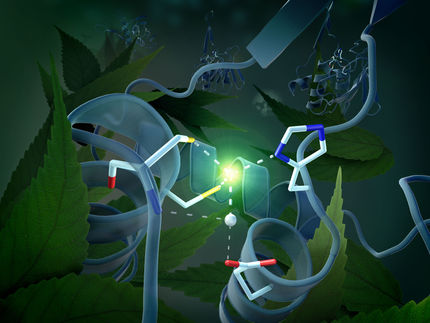Enabling Industrial Biotech Innovation in the EU: A Key Technology for Smart, Sustainable Growth
Advertisement
Tthe European Commission published the final report of the High Level Expert Group on Key Enabling Technologies (KETs) clearly highlighting industrial biotech as one of the six key sectors with the greatest potential for furthering competitiveness and addressing the grand challenges facing the EU.
The HLG, on which EuropaBio was represented by member, Dr Andre Koltermann of SüdChemie, was established to develop a long term strategy on the future of KET in Europe. Launched in 2010 by Commissioners Kroes, Geoghegan-Quinn and Tajani, the HLG’s had three main objectives: to assess the competitive situation of the relevant technologies in the EU and their contribution to address major societal challenges; to analyse the available public and private R&D&I capacities for KETs in the EU; and to propose specific policy recommendations for more effective industrial development and deployment of KETs in the EU.
The final report outlines the need for an integrated approach for all six KETs from ideas to marketable products, the need to establish combined funding mechanisms to promote KET R&D&I projects and finally a three pillar bridge model and strategy to enable KETs pass through the so-called ‘valley of death’ between research and marketable products and technologies.
High Level Expert Group Member, Dr Koltermann said: “Put simply, industrial biotechnology is a key to developing the advanced, innovative, sustainable products and processes that Europeans want and that Europe needs. But one Europe’s weakest links remains the translation from KET device to product prototype, demonstration and deployment. This results in an exodus of European talent and innovation to emerging markets. We have made concrete recommendations to redress this situation.”
Recommendations include the need for three separate stages in overcoming this issue:
1. Technological research, consisting of taking advantage of European scientific excellence in transforming ideals from research into technologies competitive at a global level.
2. Product demonstration, in which exploitation of the KETs occurs to create innovative European product prototypes competitive at a global level.
3. Competitive manufacturing, allowing product prototypes duly validated during the demonstration phase to create and maintain in Europe attractive economic environments and globally competitive industries.
Nathalie Moll, Secretary General of EuropaBio concluded: “Without the funding mechanisms for pilot schemes and demonstrators recommended by this report being put in place the EU will continue to lose ground to emerging economies in these crucial areas. EuropaBio calls on EU decision makers across all sectors involved in the Knowledge Based Bioeconomy to make bold political moves in their support of industrial biotech and to back these up with the necessary resources.”























































